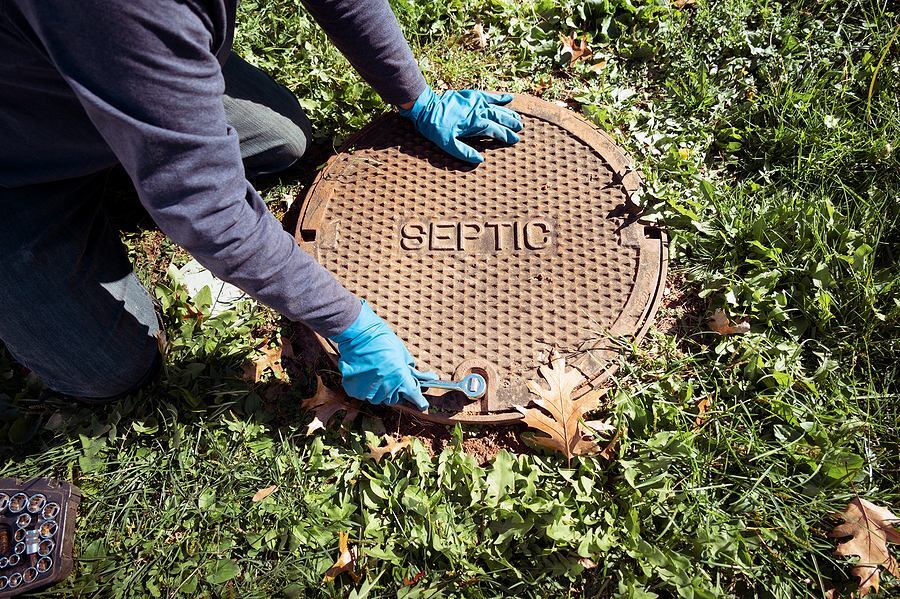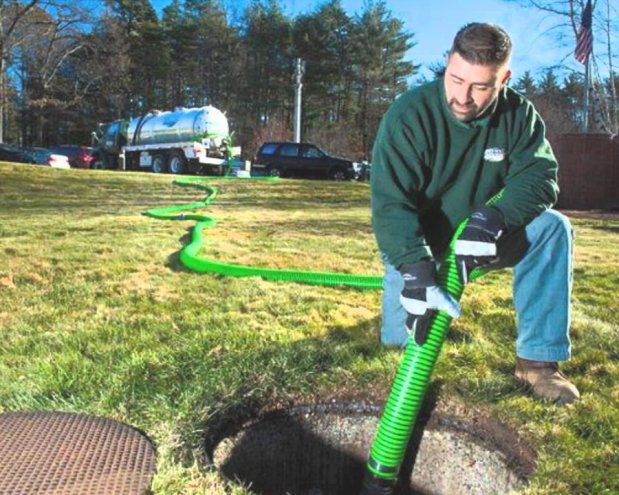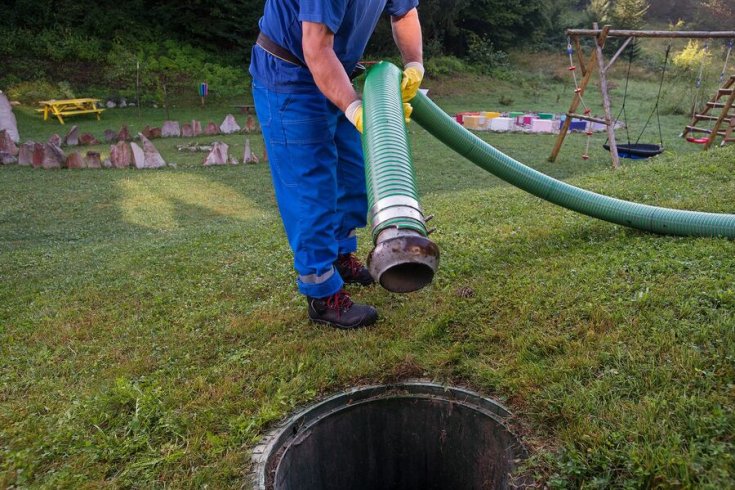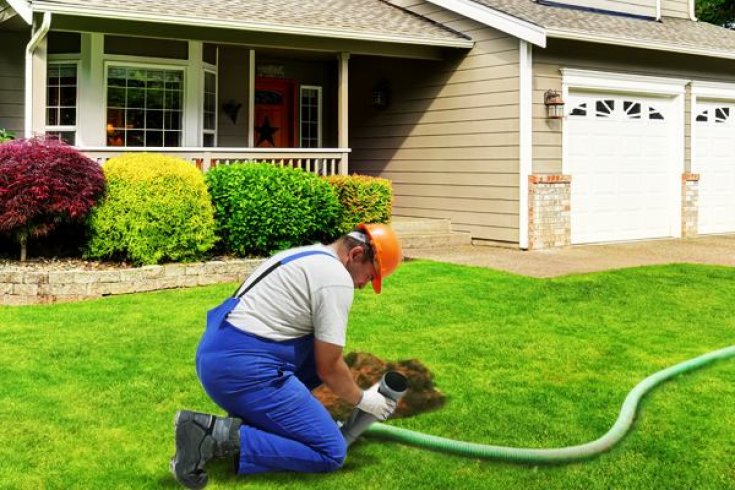
16
A septic system plays a critical role in managing household wastewater, especially for homes that are not connected to a municipal sewer system. While the process may seem complex, understanding how a septic tank filters wastewater can help you take better care of your system and avoid costly problems.
A septic tank is essentially a watertight container buried underground, typically made of concrete, fiberglass, or polyethylene. It’s designed to hold household wastewater long enough for the solids to settle at the bottom, forming a layer of sludge, while lighter materials such as oils and grease float to the top, forming a scum layer. In the middle, between the sludge and scum, is a layer of relatively clear liquid called effluent, which will be discharged into the drain field.
Proper filtration begins at this stage. The solids are kept within the tank while the effluent, after some natural separation, flows out to the next phase. However, without regular septic tank pumping, the sludge and scum layers can grow too thick, leading to blockages, backups, and potential system failure.
Bacteria play an essential role in breaking down the waste inside the septic tank. These naturally occurring microbes help decompose the organic materials in the wastewater, reducing the amount of solid waste that needs to be pumped out. This biological process helps the tank function more efficiently by digesting some of the sludge and preventing it from filling up too quickly.
However, if too much non-biodegradable waste enters the system, such as chemicals, cleaning products, or plastics, it can disrupt this process. This can lead to septic tank repair needs or even premature septic tank installation if the system fails completely.
Before the wastewater leaves the septic tank and enters the drain field, it passes through an effluent filter. This filter traps any remaining solids and prevents them from entering the drain field, which could clog the soil and cause serious problems. The effluent filter must be cleaned regularly during septic tank cleaning services to ensure that it functions properly.
After passing through the septic tank, the effluent enters the drain field, which is made up of perforated pipes buried in gravel or sand. As the wastewater slowly percolates through the soil, natural filtration processes remove harmful bacteria, viruses, and nutrients from the effluent. The soil acts as a biological filter, further cleaning the water before it re-enters the groundwater system.
Proper care of the drain field is essential for this process to work effectively. You should avoid parking vehicles or planting trees near the drain field, as heavy loads and root intrusion can damage the pipes, leading to the need for septic tank repair or even a new septic tank installation if the damage is extensive.
Regular maintenance, including septic tank pumping and cleaning, is vital to ensuring that your septic system continues to filter wastewater effectively. Without routine care, sludge and scum can build up, reducing the tank's capacity and preventing proper separation of waste. This can lead to backups, foul odors, and even groundwater contamination, necessitating expensive repairs or a full system replacement.
To keep your septic system working efficiently, it's recommended to have a septic company in Huntersville inspect your tank every 3 to 5 years, depending on household size and water usage. Routine septic tank pumping removes excess waste, allowing your system to function as designed and preventing costly issues down the line.
Whether you’re in need of septic tank cleaning or a new septic tank installation, working with a professional at Charlotte Septic Pros will ensure your system continues to function effectively, protecting your home and the environment.

21
Simple Habits That Protect Your Septic System A well-functioning septic system does its job quietly, but the moment something goes…
Read more
14
Pump Now or Pay Later: The Real Cost of Skipping Maintenance A properly functioning septic system is easy to forget…
Read more
11
Why Your Septic System Always Acts Up at the Worst Time Homeowners often feel that septic problems strike at the…
Read more
04
Early Warning Signs Your Septic Tank Needs Pumping For homeowners who rely on a septic system, routine maintenance is not…
Read more
29
Why Does My Septic System Smell Fine One Day and Terrible the Next? If you own a home with a…
Read more
19
Is Your Septic System Overdue? Simple Home Checks You Can Do Today For many homeowners, the septic system is a…
Read more
13
5 Signs Your Septic Tank Is Overdue for Pumping Your septic system works quietly behind the scenes, managing wastewater from…
Read more
07
Do Septic Additives Really Work? Septic additives are everywhere. You’ll see them at hardware stores, advertised online, and often recommended…
Read more
29
5 Things You’re Doing Every Day That Fill Up Your Septic Tank Faster Your septic system works quietly in the…
Read more
21
Is It Normal for Grass to Grow Greener Over My Septic Tank? If you’ve noticed a patch of grass in…
Read more